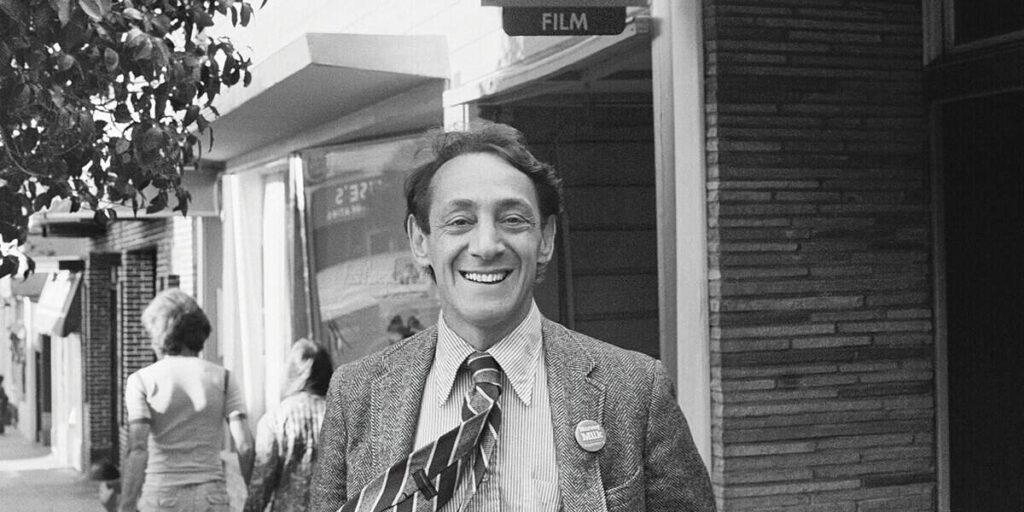
Introduction
Harvey Milk remains an enduring symbol of the LGBTQ+ rights movement in the United States and around the world. His groundbreaking advocacy for gay rights during a time of widespread discrimination has left a lasting impact on society. Milk’s legacy not only emphasizes the importance of inclusion and equality but also highlights the ongoing struggle for civil rights that continues to resonate today. As we celebrate his contributions, it’s crucial to recognize how his life story intertwines with current social movements advocating for equal rights.
Early Life and Political Awakening
Born on May 22, 1930, in Woodmere, New York, Harvey Milk grew up in a middle-class Jewish family. He studied at New York State College for Teachers before moving to San Francisco in the 1970s, where the burgeoning gay rights movement began to take shape. It was here that Milk, after a career in several professions, including as a teacher and an activist, began his foray into politics. His commitment to fighting for the rights of LGBTQ+ individuals surged amid the injustices faced by the community.
Rise to Political Prominence
Milk’s political career took off when he successfully ran for a seat on the San Francisco Board of Supervisors in 1977, becoming one of the first openly gay elected officials in the United States. During his time in office, he championed numerous progressive causes, including the fight against Proposition 6, a measure that sought to ban gay individuals from working in California’s public schools. Milk’s charisma, strategic organizing, and his ability to mobilize the gay community played a crucial role in rallying against this discriminatory proposal, which ultimately failed.
Impact and Assassination
Tragically, Harvey Milk’s groundbreaking political career was cut short when he was assassinated on November 27, 1978, alongside San Francisco Mayor George Moscone. His death sent shockwaves across the nation and sparked protests advocating for the rights of LGBTQ+ individuals. The public outrage that followed his assassination marked a pivotal moment in the LGBTQ+ rights movement, fueling activism not solely in San Francisco but throughout the United States.
Conclusion
Today, Harvey Milk’s legacy lives on through the ongoing fight for LGBTQ+ rights and social justice. His courage to live authentically and advocate passionately for equality inspires countless activists and allies. As society continues to grapple with issues of discrimination and inequality, remembering Harvey Milk serves as a powerful reminder of the importance of resilience and advocacy. Events like Harvey Milk Day and the establishment of the Harvey Milk Foundation keep his memory alive, ensuring his contributions to civil rights are never forgotten and that progress towards equality is sustained. The ongoing fight reflects that although significant strides have been made, the journey toward true equality remains essential.



